By Manisha Sahu — America News World
October 19, 2025
In a bold move in the U.S. government’s fight against illicit drug trafficking, Pete Hegseth, U.S. Defense Secretary, announced on Sunday that American forces carried out an attack on a drug-smuggling vessel on Friday, killing three people. He said the vessel was affiliated with a Colombian guerrilla organisation and was transporting large quantities of narcotics.

Also read:-A Song of Resistance: Naghma’s Journey Against the Taliban
According to Secretary Hegseth, the operation took place in the United States Southern Command (USSOUTHCOM) area of responsibility, which includes parts of the Caribbean and Latin America.
He stated that U.S. intelligence identified the boat as “involved in illicit narcotics smuggling, … travelling along a known narco-trafficking route, and … transporting substantial amounts of narcotics.”
Hegseth further claimed affiliation of the vessel with the National Liberation Army (ELN), a guerrilla group based in Colombia.
He did not, however, make publicly available detailed evidence to support the claim of the ELN link or the precise narcotic quantities.
This strike comes amid an escalating U.S. campaign to use military force against vessels on the high seas accused of drug-trafficking in the region. The administration has framed this as part of the so-called war on “narco-terrorism”.
The move also coincides with sharp tensions between the U.S. and Colombia. On the same day, former U.S. President Donald Trump publicly branded Colombian President Gustavo Petro an “illegal drug leader,” and said the U.S. would end large-scale payments and subsidies to Colombia.
Bogotá strongly denounced the comments, with Colombia’s Foreign Ministry calling them a “grave violation” of national sovereignty and dignity.
Legal, diplomatic and strategic questions
Legal issues
Legal experts have raised concerns about the strikes — particularly whether the use of lethal force in the maritime context, especially in international waters, is justified under international law and U.S. domestic law.
There is a debate around whether these operations amount to acts of war (a “non-international armed conflict” as some reports frame it) or if they are law-enforcement actions, which carry different legal constraints.
So far, publicly available information does not clarify which combatant status, if any, was applied to the occupants of the boat or the evidentiary basis for the U.S. claims.
Diplomatic and regional fallout
The strike on a vessel allegedly tied to Colombian actors, combined with the remarks by Trump, has provoked a diplomatic spat with Colombia. The risk is that U.S. counternarcotics cooperation with Colombia — historically a major U.S. partner in the region — may be undermined.
Colombia has challenged the characterization of the vessel and insisted that at least one earlier strike had hit what it described as a civilian fishing boat, not a narco-trafficking operation.
Strategic implications
The U.S. is signalling a willingness to deploy military force — not just law-enforcement agencies — to interdict drug-trafficking routes. The Pentagon’s posture suggests a shift in how the U.S. views drug flows: increasingly as a national-security threat rather than solely a criminal-justice challenge.
That shift raises questions: Will more vessels be targeted? What safeguards exist to prevent mis-identification? How will regional partners respond to U.S. military action in their neighbourhoods?
On Friday, a U.S. operation destroyed a vessel that the U.S. government alleges was trafficking narcotics.
Three people aboard the vessel were killed.
The vessel was said by the U.S. to be affiliated with the ELN guerrilla group and operating on a known smuggling route.
The attack occurred in the USSOUTHCOM area of responsibility.
The broader backdrop is one of intensifying U.S. military–led crack-downs on alleged drug-smuggling vessels in the Caribbean and off Latin America.
What specific evidence links this vessel to the ELN, and what narcotics were aboard? The U.S. has not publicly disclosed.
Precisely where the strike occurred (coordinates, whether in international or territorial waters) and which U.S. units were involved (e.g., navy, air-force, drones) have not been detailed.
Whether any survivors were captured and if so, how they are being treated under U.S. or international law.
The reaction of the Colombian government toward this specific incident, beyond its general condemnation of U.S. operations.
What this means for future U.S.-Colombia cooperation on counternarcotics and broader strategy in the region.
Why it matters
1. Escalation of force: The operation marks yet another instance of the U.S. employing military force in the maritime drug-trafficking domain. That elevates the nature of the drug war beyond seizures and arrests.
2. Regional implications: Latin American states view such strikes warily — they may worry about sovereignty, mis-targeting, and the precedent of extrajudicial lethal action.
3. Policy pivot: The characterization of cartel or rebel-linked traffickers as “terrorists” or “narco-terrorists” underpins justification for military action, but also raises ethical, legal and diplomatic challenges.
4. U.S. domestic context: With drug overdose and fentanyl crises in the U.S., Washington is under pressure to show results. The message sent by these kinetic operations is that the U.S. is willing to act aggressively.
5. Future precedent: How this strike is handled — in legal terms, in diplomacy, in transparency — may set a precedent for similar actions, shaping U.S. maritime counternarcotics posture for years.
The U.S. may continue to announce further strikes against vessels it claims are trafficking narcotics and tied to guerrilla or cartel groups.
Colombia and other regional governments will likely demand more detailed information and potentially respond diplomatically if they believe sovereignty is being challenged.
Legal scrutiny will intensify: human-rights groups, maritime-law experts and international bodies may call for greater transparency and accountability.
Domestically in the U.S., Congress may ask for briefings and oversight of these operations, given the legal and strategic implications.
In conclusion, the U.S. strike announced by Defense Secretary Pete Hegseth represents a significant moment in America’s gambit to confront drug trafficking through military means. While the operation clearly conveys that Washington is raising the stakes, it also triggers complex questions of law, sovereignty and regional cooperation. As America News World will continue to monitor, what remains to be seen is how this crystallises into a broader strategy — and how partner nations in Latin America respond to the shifting dynamics of a drug war now conducted under the banner of national security.
*For ongoing updates and expert analyses, follow America News World.*
Discover more from AMERICA NEWS WORLD
Subscribe to get the latest posts sent to your email.
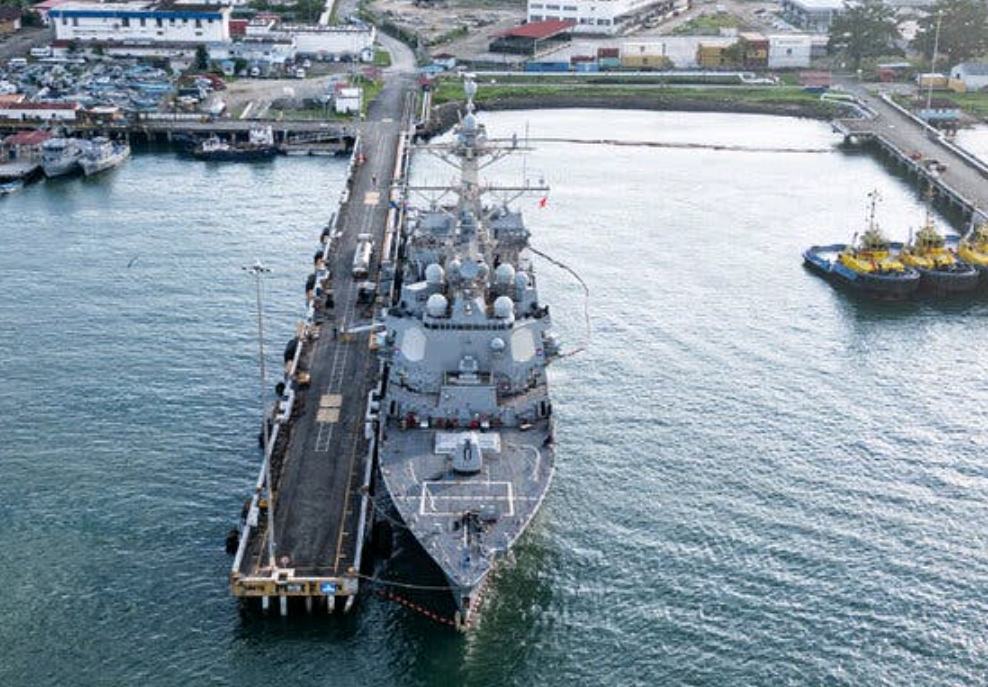



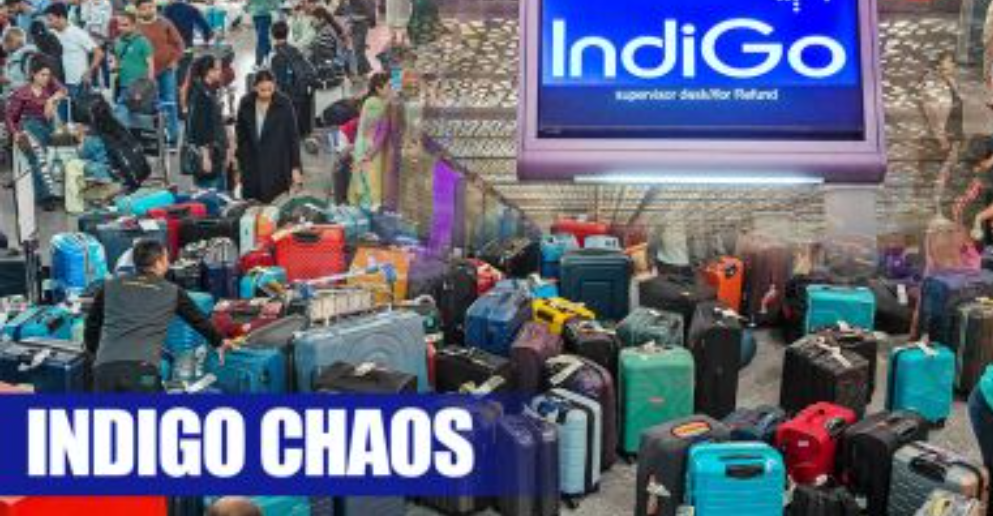






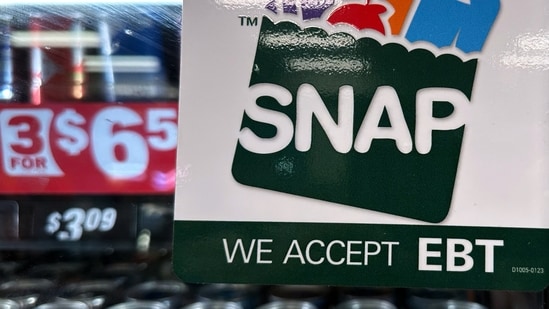
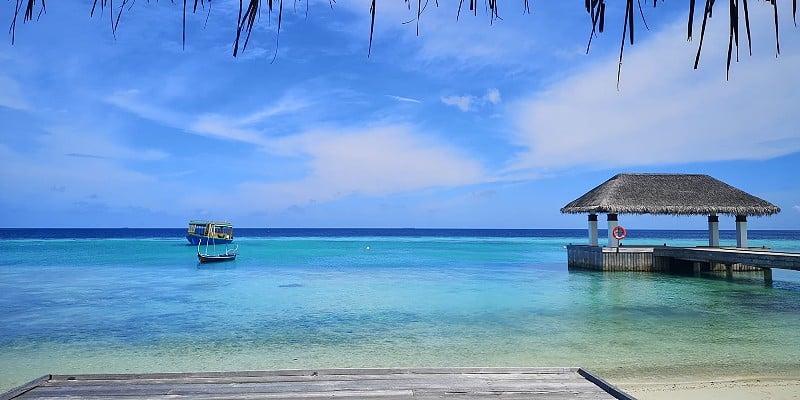
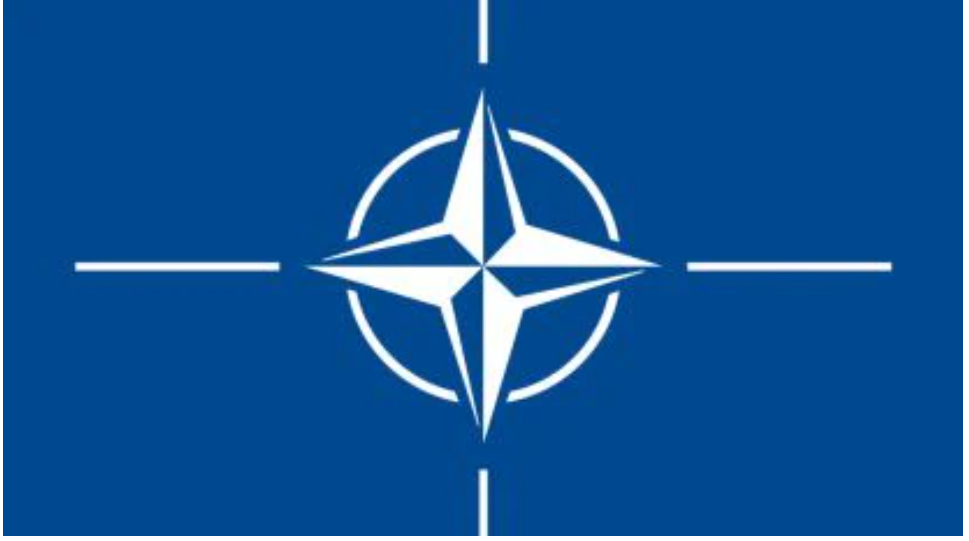
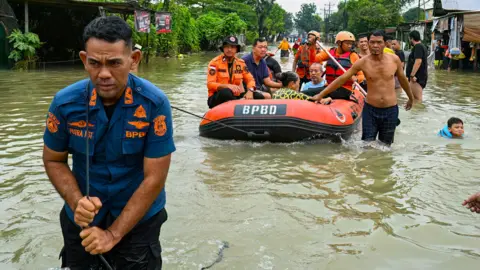
























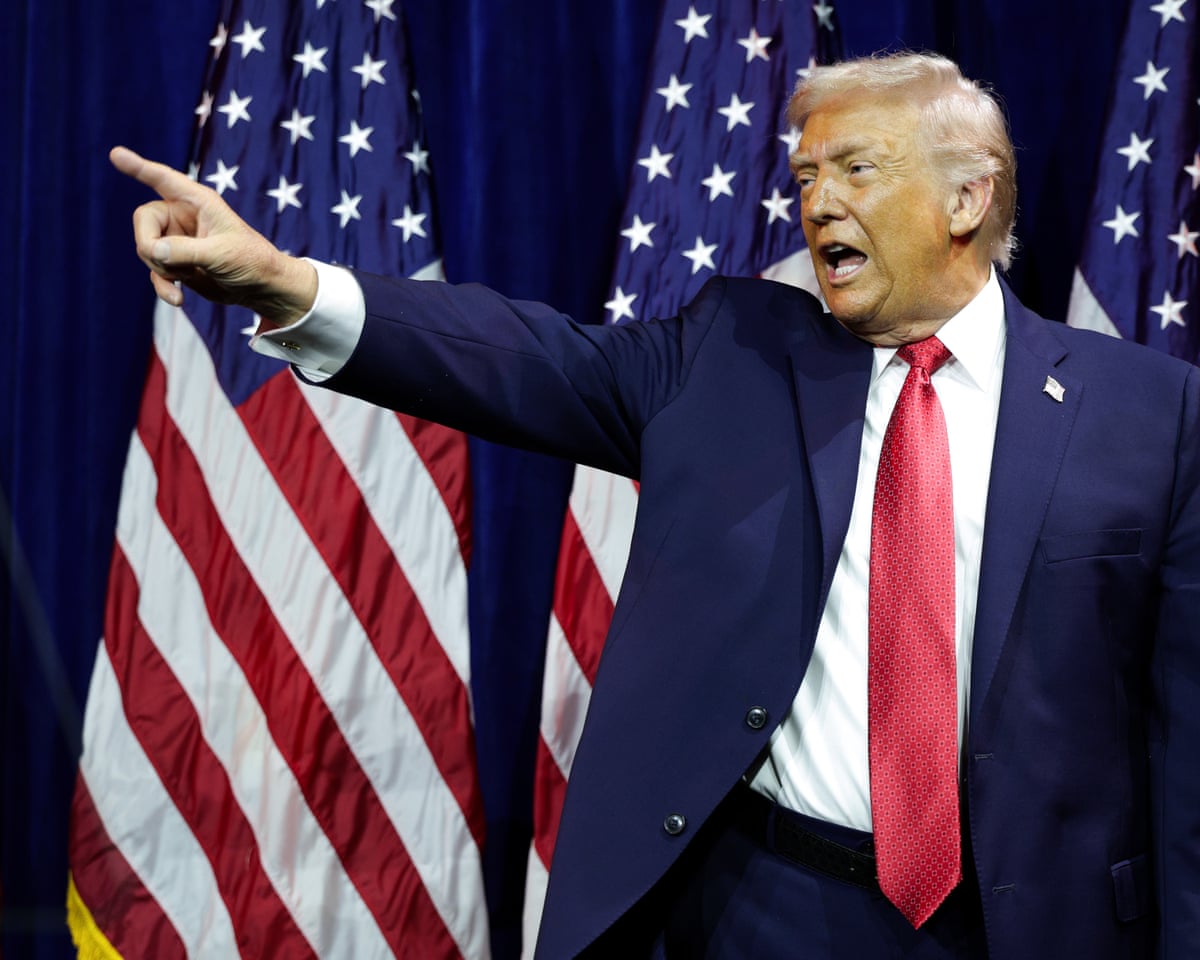

Leave a Reply